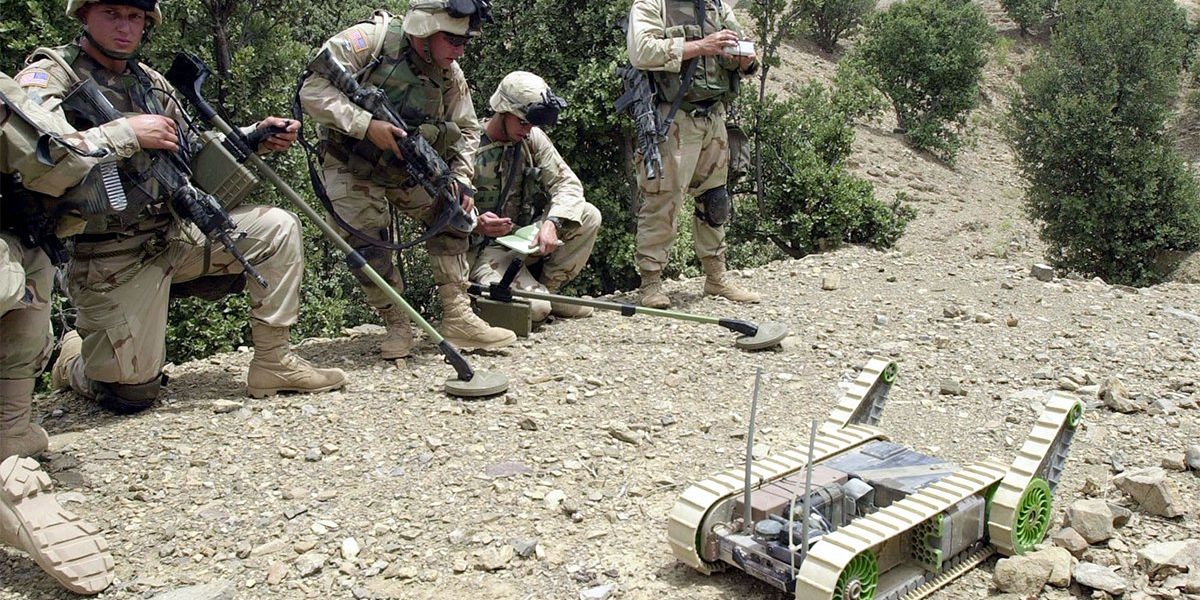Can Human Soldiers Ever Build Trust with their Robotic Comrades?
 Editor’s note: This article is adapted from the author’s book War Virtually: The Quest to Automate Conflict, Militarize Data, and Predict the Future (University of California Press, published in paperback April 2024).
The blistering late-afternoon wind ripped across
Camp Taji, a sprawling U.S. military base just north of Baghdad. In a desolate corner of the outpost, where the feared Iraqi Republican Guard had once manufactured mustard gas, nerve agents, and other chemical weapons, a group of American soldiers and Marines were solemnly gathered around an open grave, dripping sweat in the 114-degree heat. They were paying their final resp......
Editor’s note: This article is adapted from the author’s book War Virtually: The Quest to Automate Conflict, Militarize Data, and Predict the Future (University of California Press, published in paperback April 2024).
The blistering late-afternoon wind ripped across
Camp Taji, a sprawling U.S. military base just north of Baghdad. In a desolate corner of the outpost, where the feared Iraqi Republican Guard had once manufactured mustard gas, nerve agents, and other chemical weapons, a group of American soldiers and Marines were solemnly gathered around an open grave, dripping sweat in the 114-degree heat. They were paying their final resp......
Read Full article on GretAi
Comments
Post a Comment